Clackamas County Connects Shuttle Service
 The Clackamas County transit shuttle service provides a vital connection to our rural communities and areas that are hard to get to by transit. These shuttles help relieve congestion on county roads and they will provide critical, last-mile connections between service provided by regional transit.
The Clackamas County transit shuttle service provides a vital connection to our rural communities and areas that are hard to get to by transit. These shuttles help relieve congestion on county roads and they will provide critical, last-mile connections between service provided by regional transit.
The shuttles are a free “deviated fixed-route” service. Can’t make it to the main bus stop or route? Call 24 hours in advance 971-358-0623 to make arrangements and check availability to be picked up or dropped off within ¾ mile from the route. You may also signal/flag the bus to get on or off the bus in-between stops.
Easy trip planning, real-time bus tracking, and connections with popular rail services all from your phone.
Passio GO™ represents the next generation of passenger apps for transit that is fully focused on the passenger experience.
Help us learn more about your transportation needs by taking the 2025 #ClackCo Shuttle Survey
Service Lines
The four shuttle services fill gaps from TriMet stops to underserved portions of Oregon City, Clackamas Industrial Area and Estacada.
Oregon City
This shuttle line provides enhanced transit access throughout Oregon City. This shuttle operates on weekdays only. Service begins and ends at the Oregon City Shopping Center from 6:30 a.m. to 8:57 p.m.
Clackamas Industrial Area
This shuttle line provides enhanced transit access to the Clackamas Industrial Area located primarily east of Interstate 205 along Highway 212. This service will link Clackamas Town Center Transit Center and locations throughout the Clackamas Industrial Area, ensuring connections to large employers in Clackamas and to Clackamas Community College.
The Clackamas Industrial Area shuttle operates all days of the week; weekend service is mornings only. Service begins and ends at Clackamas Town Center from 4:50 a.m. to 11:23 a.m. all days of the week, as well as 1:00–8:33 p.m. on weekdays.
CCC Xpress
This shuttle line connects the Oregon City and Clackamas Industrial Shuttles. The shuttle provides a direct connection between Clackamas Town Center and the Clackamas Community College Campus in Oregon City. The shuttle operates on weekdays only.
Estacada Shuttle
This shuttle line connects Estacada to Clackamas County College over Redland road. The shuttle operates on weekdays only.
Shuttle FAQs
More Information
Under contract by MTRWestern
Customer Contact:
971-358-0623
Managed by Clackamas County Social Services
Please contact us directly to request a schedule in an alternate format, or with any complaints or concerns:
PO Box 2950, Oregon City, OR 97045
503-655-8640, TTY 503-650-5646
The Clackamas County Connects Shuttle Service Respects Civil Rights
 Translate
Translate






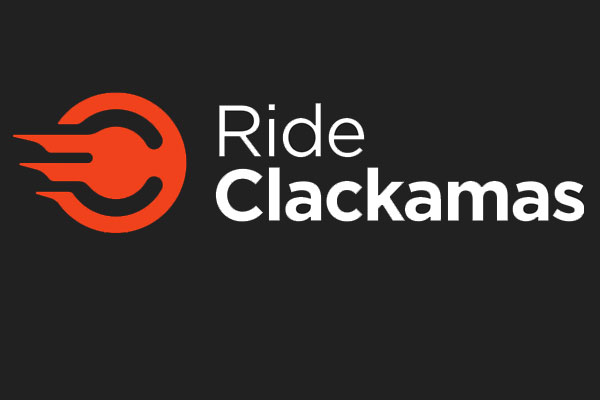

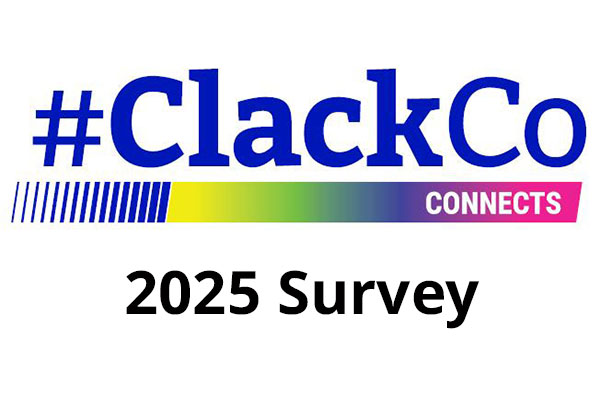
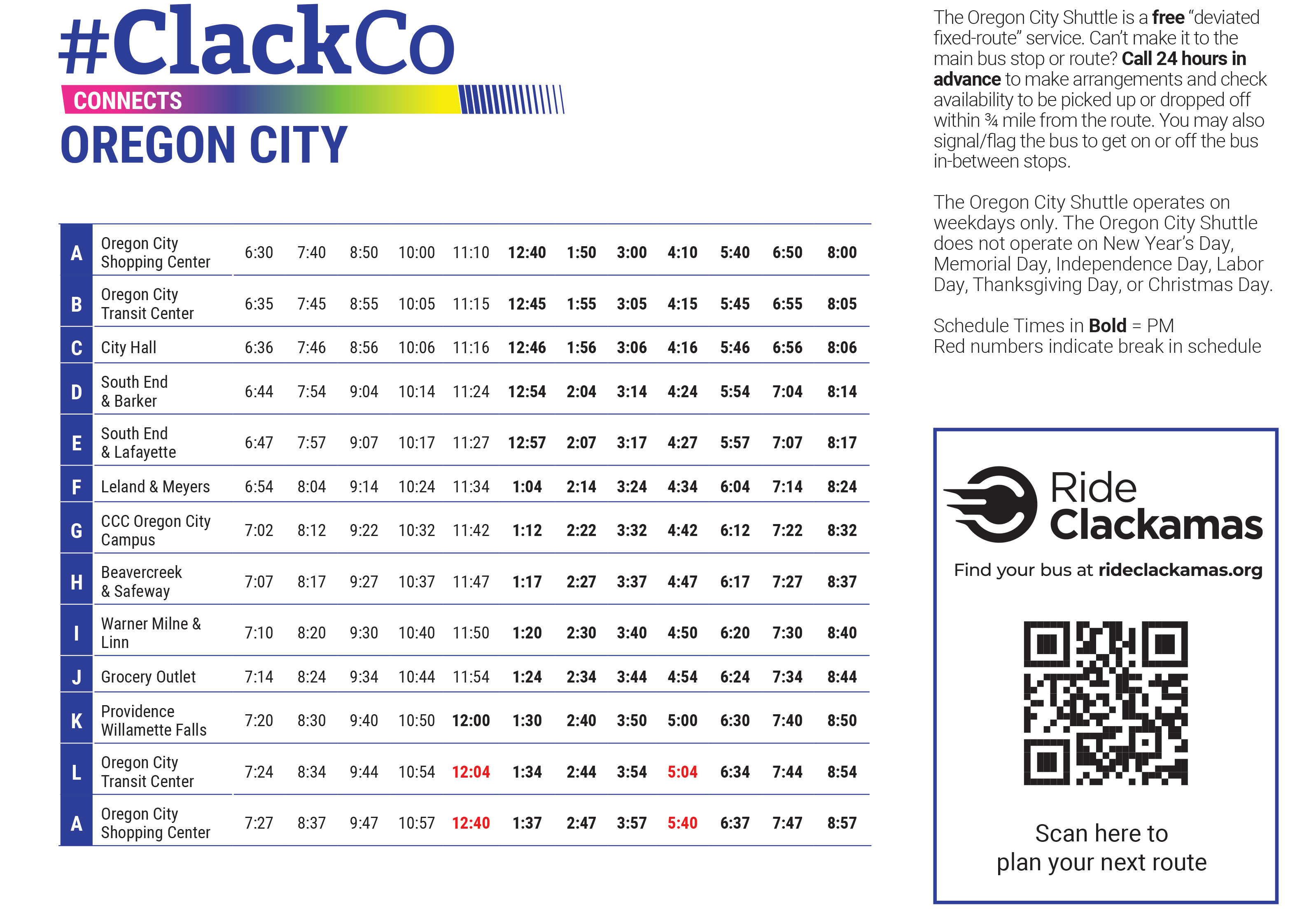
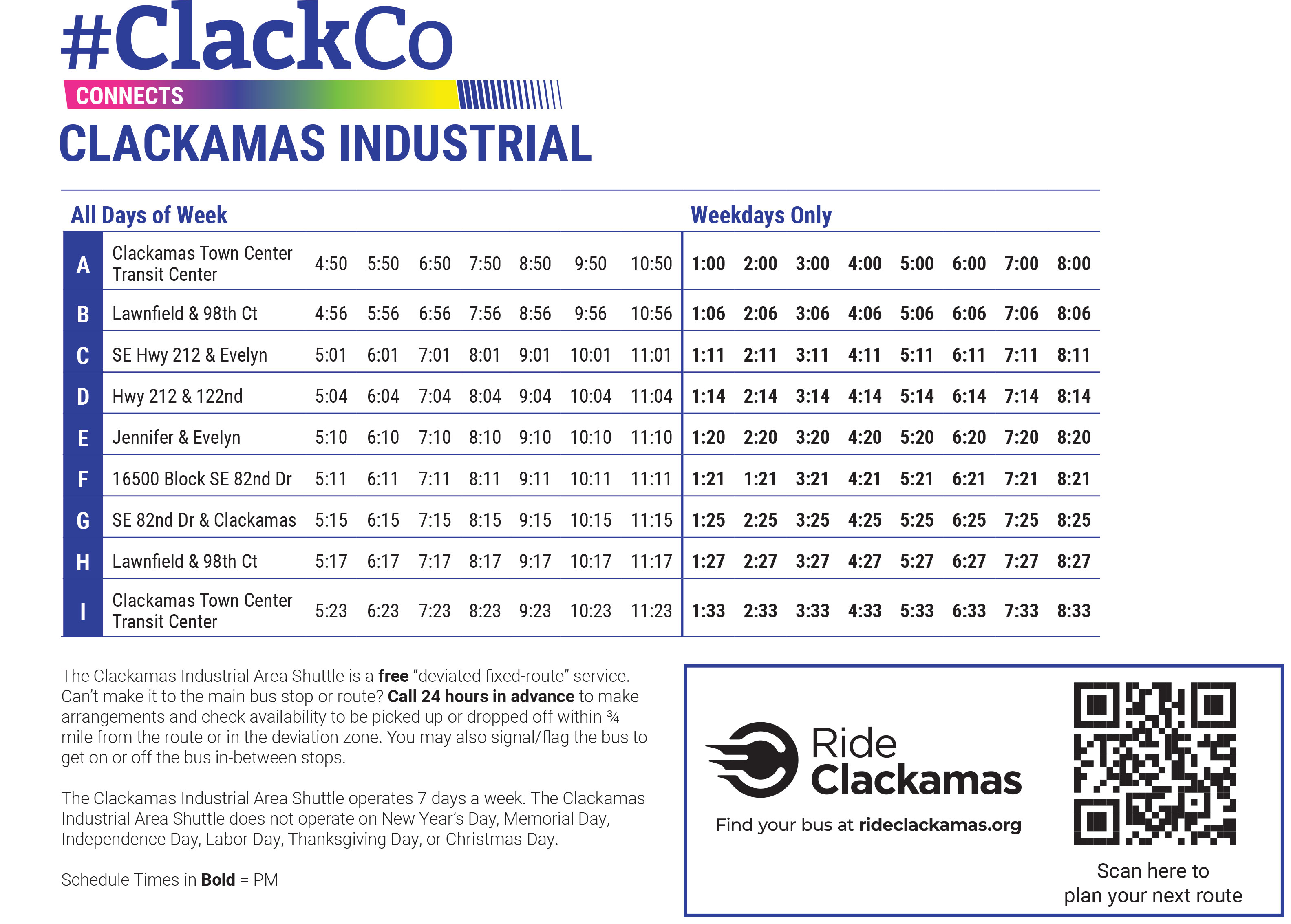
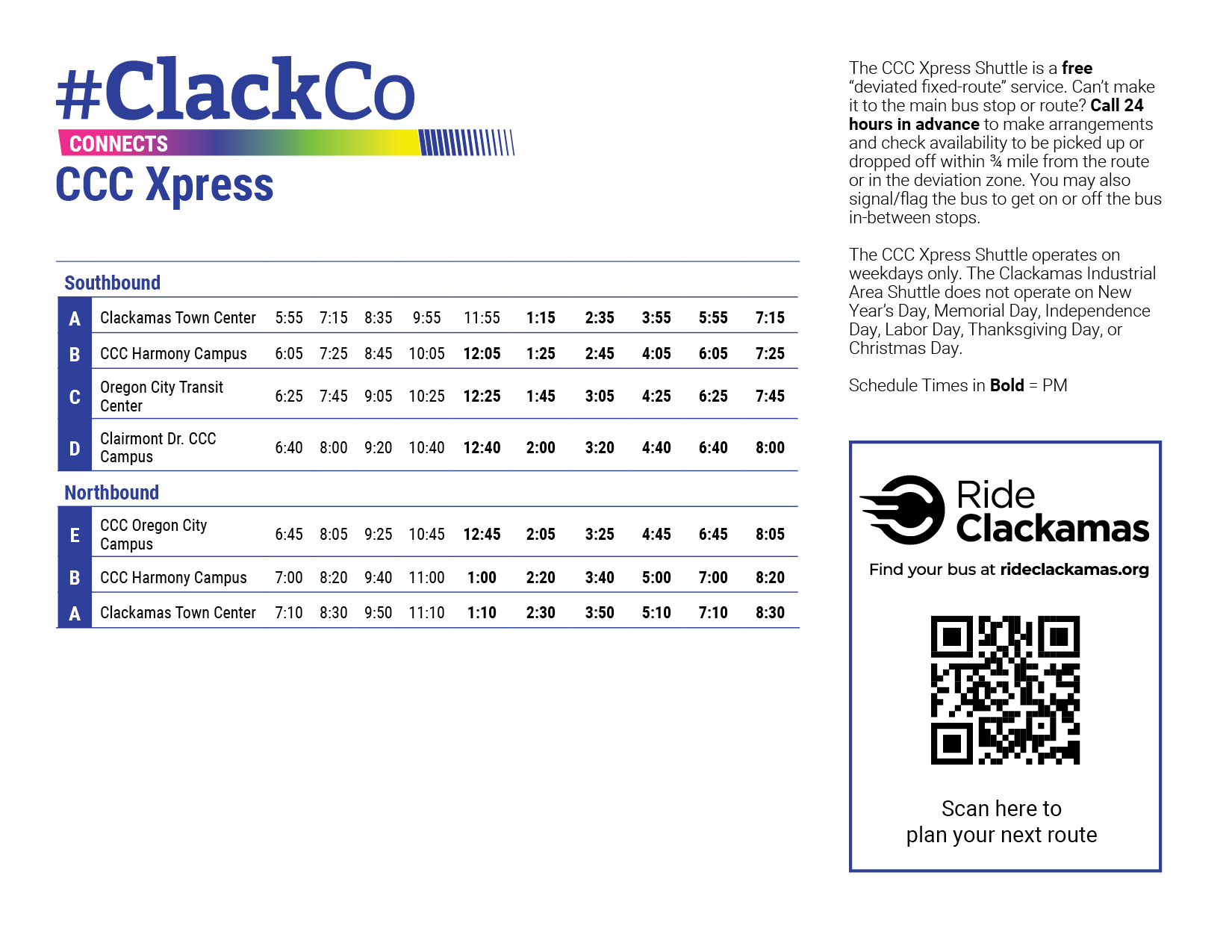
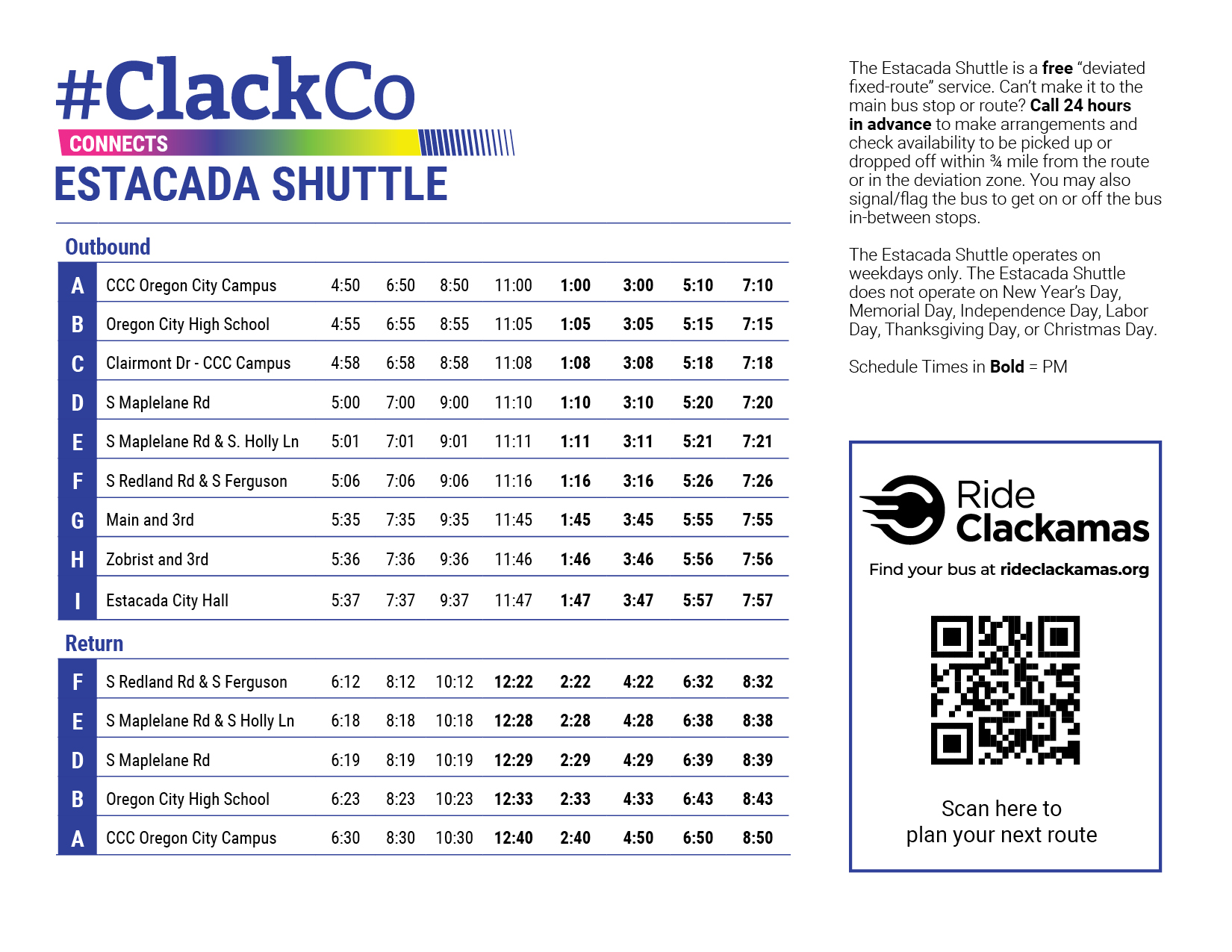

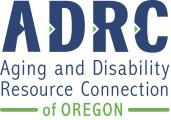
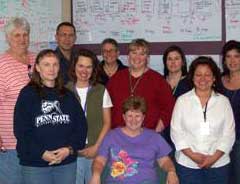 "This is the best process I have been involved in for improving the process and I feel that this has a better chance for success than any other process improvement activity I have been involved in."
"This is the best process I have been involved in for improving the process and I feel that this has a better chance for success than any other process improvement activity I have been involved in."